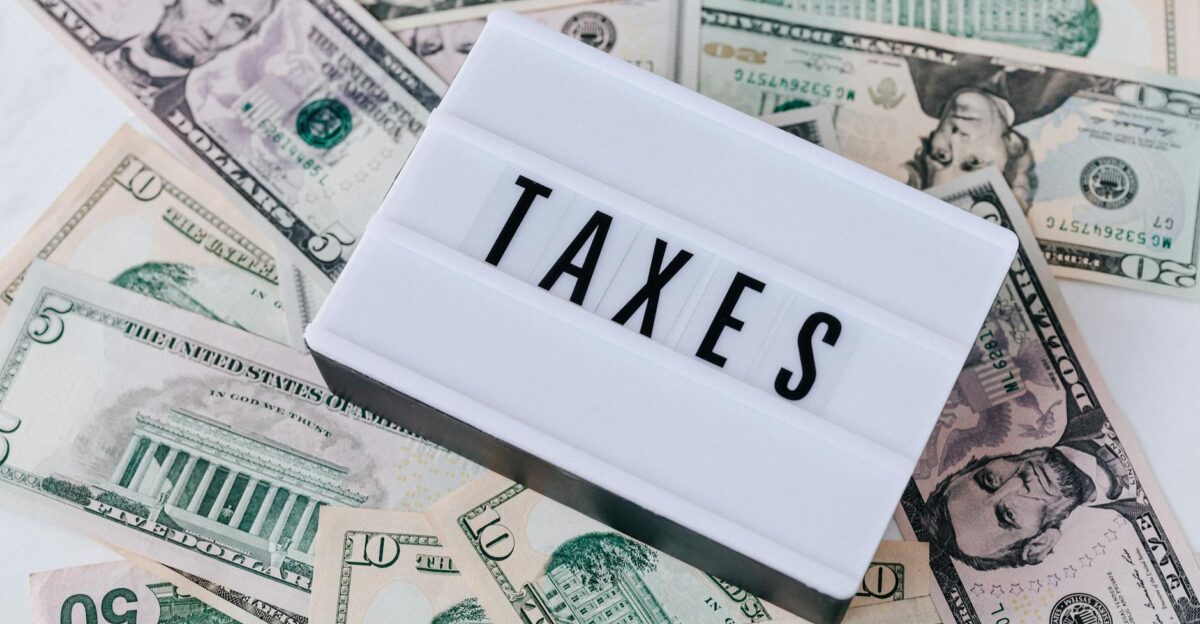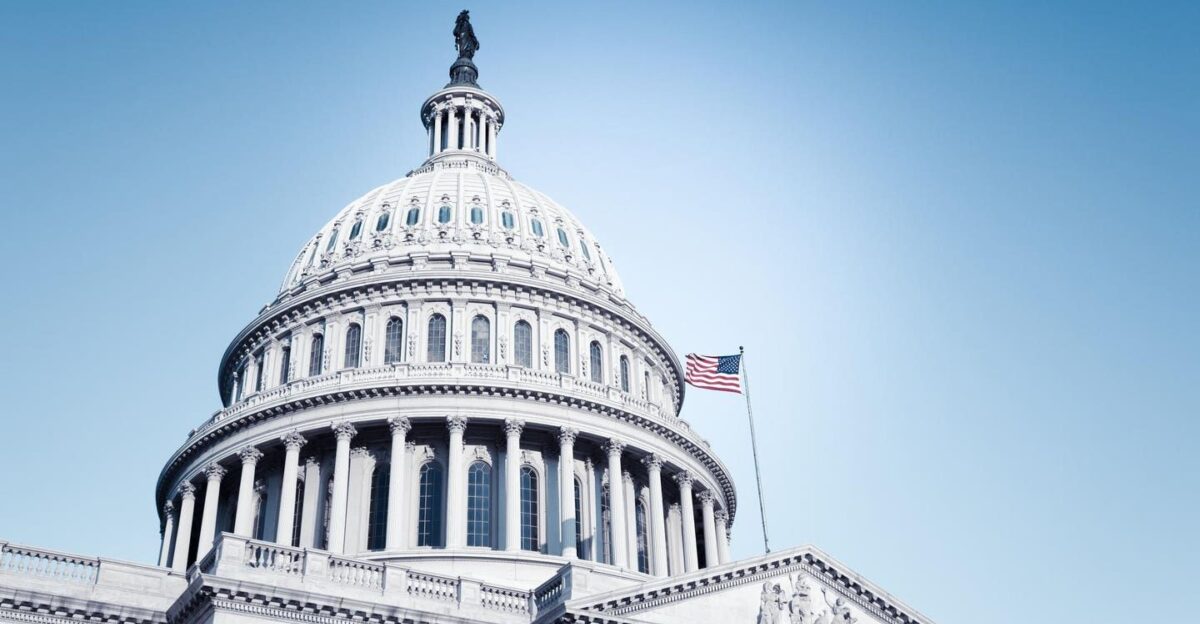
July 2025 marked a significant turning point in U.S. economic policy with the passage of the One Big Beautiful Bill (OBBB), a sweeping piece of legislation that rewires the federal government’s approach to industrial policy, taxation, and investment incentives.
While framed as a pro-growth, pro-manufacturing initiative, the law has dramatically reshaped the operating environment for key sectors of the U.S. economy, particularly clean energy, electric vehicles, semiconductors, logistics, and large-scale food manufacturing.
The Enactment of the OBBB

The OBBB eliminates or accelerates the sunset of many clean energy and decarbonization incentives that had underpinned investment decisions for years. This includes the phasing out of tax credits for electric vehicles, wind farms, solar installations, and other decarbonization projects. At the same time, OBBB preserves the 21% corporate tax rate while tightening eligibility criteria for remaining incentives.
Companies must now comply with more stringent domestic content requirements and avoid supply chain links with designated foreign entities of concern in order to qualify for federal support.
From Clean Energy to Fossil Fuels

Perhaps most consequentially, the OBBB shifts the weight of federal subsidies away from the clean energy transition and back toward fossil fuel development and traditional manufacturing. This policy reversal is already influencing investment flows, especially among firms that had prioritized sustainability and low-carbon operations under the previous incentive regime.
Corporate Tax Incentive Changes

Though the headline corporate tax rate remains unchanged, the OBBB introduces more restrictive terms for accessing federal support. Stricter compliance conditions—centered on U.S. content, labor standards, and security-related supply chain exclusions—mean that fewer companies will qualify for the same level of benefit. For many, these new conditions significantly alter the calculus for investment and expansion.
The End of the Electric Vehicle Push?

In the automotive sector, both Ford and General Motors face a materially altered landscape for electric vehicle production. The dismantling of zero-emission vehicle incentives has undermined the economic rationale for scaling up domestic EV capacity. While neither company has formally linked specific facility plans to the legislation, industry analysts widely view the loss of these incentives as a pivotal factor driving a rethinking of U.S.-based EV expansion.
Semiconductor Strategy in Flux

Intel is confronting a new tax and incentive environment for semiconductor manufacturing. The OBBB provides generous tax credits for chipmaking projects that break ground before the end of 2025, but it also accelerates the phase-out of several previously enacted provisions and adds new compliance burdens. This dual structure—short-term opportunity coupled with long-term uncertainty—is shaping how chip manufacturers schedule their investments.
Again, the company has not directly tied any factory delays or overseas expansion to the OBBB, but expert commentary consistently cites the law as a critical element in current strategic evaluations.
Supply Chain Pressure Mounts

Amazon, navigating the global logistics environment, finds itself contending with persistent cost pressures exacerbated by the OBBB’s failure to reform trade and tariff regimes. With no new federal support for domestic logistics infrastructure and continued reliance on costly international sourcing, the company is expanding operations abroad. Though not explicitly citing the law as the driver, the broader business climate shaped by the OBBB is clearly part of the equation.
Climate Rollbacks Hit Food and Consumer Goods Sectors

For companies like Kraft Heinz, which had previously leaned on federal climate funding to retrofit plants and improve sustainability performance, the OBBB’s repeal of decarbonization grants represents a significant setback. While Kraft Heinz has not directly attributed any project cancellations to the law, the company has publicly acknowledged a more constrained investment environment.
Analysts note a clear alignment between these challenges and the changes ushered in by the OBBB.
Strategic Silence

It is notable that, across sectors, direct public attributions to the OBBB remain scarce. This may be due to political caution, a desire to avoid confrontation with regulators, or the complexity of attributing any decision to a single legislative act.
Nonetheless, the timing, direction, and scope of strategic pivots across industries strongly suggest that the OBBB is playing a central—if not singular—role in shaping corporate recalibrations.
Industry Analysts Trace OBBB’s Expanding Influence

Industry experts and analysts have consistently identified the OBBB as a critical driver behind a range of corporate shifts, from project delays to geographic rebalancing of investments. Even in the absence of direct company statements, a robust body of expert commentary links these changes to the evolving federal policy framework.
The law’s impact is not speculative—it is evident in real-time business behavior.
How the OBBB Is Reshaping Corporate America

The One Big Beautiful Bill has substantially reshaped the federal economic landscape. While it may not be named in every press release or earnings call, it looms large in boardrooms and strategy sessions across corporate America. The consequences are being felt in how companies plan, invest, hire, and locate.
Whether this quiet realignment continues—or prompts a louder backlash—remains a question for the months ahead. What is clear, however, is that the OBBB has already changed the terms of engagement for doing business in the United States.